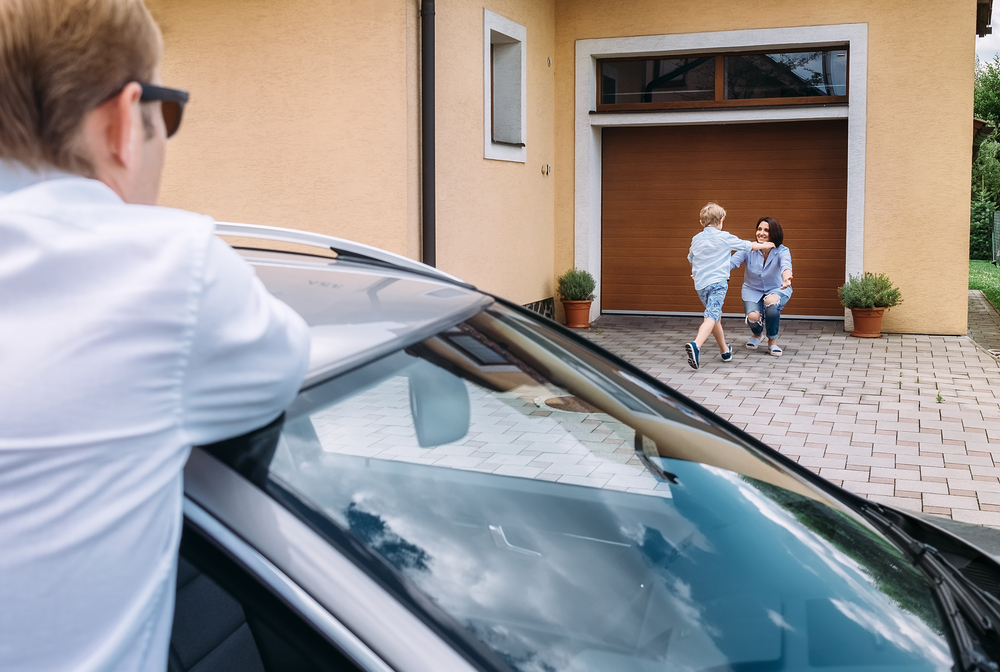Posts Tagged ‘After Divorce’
How Do You Co-Parent After Divorce When You Don’t Trust Your Ex?
Are you suspicious of your ex? Everything they say seems calculated, manipulative, and inauthentic? You no longer trust them. Whether it was a slow leak, or the trust was shattered abruptly in your marriage, it is now absent. Now that you have determined that your ex is no longer worthy of your trust as an…
Read MoreHow to be a Co-Parent After Your Divorce
Divorce is one of the most stressful life events. If a couple has children, they will have lifelong contact because of events in the children’s lives even when they are grown. With some guidance, you and your ex can learn co-parenting skills that will improve the emotional future of you and your children. Consider Current Family…
Read More

